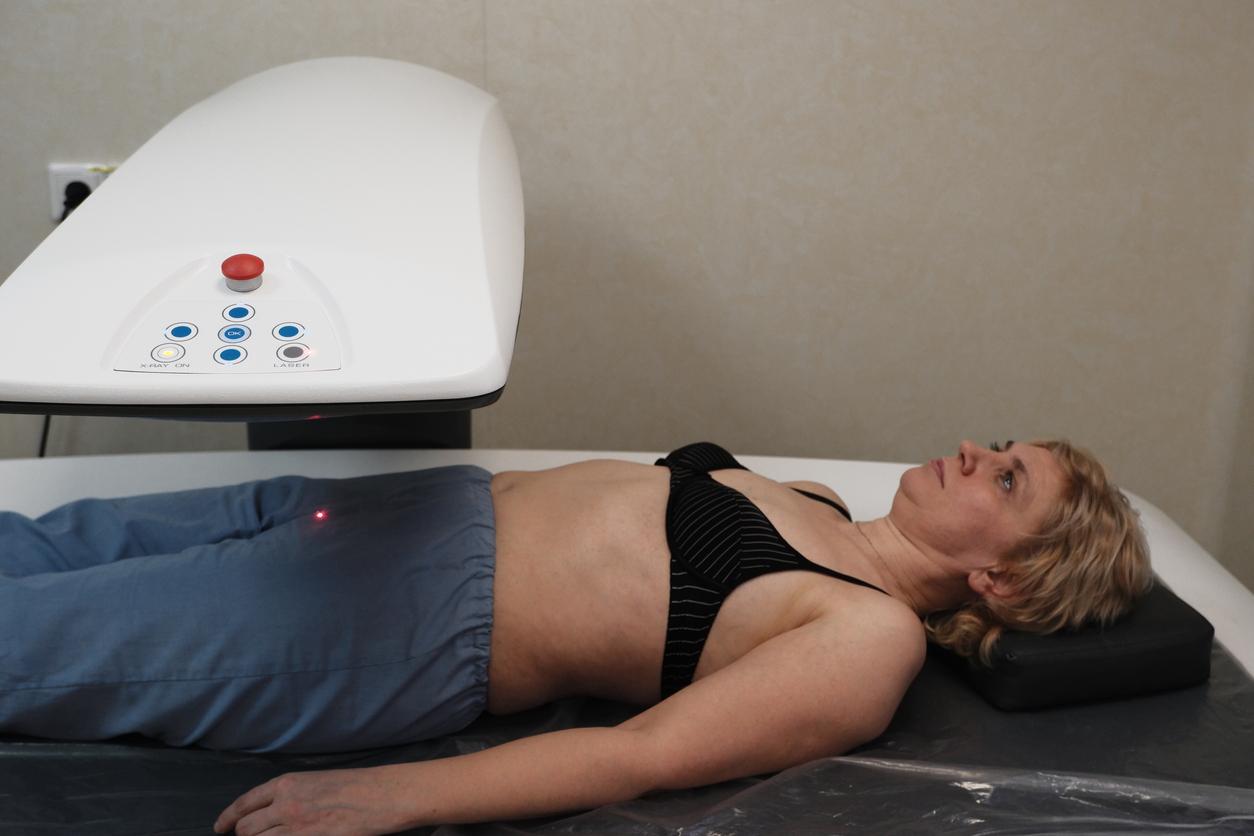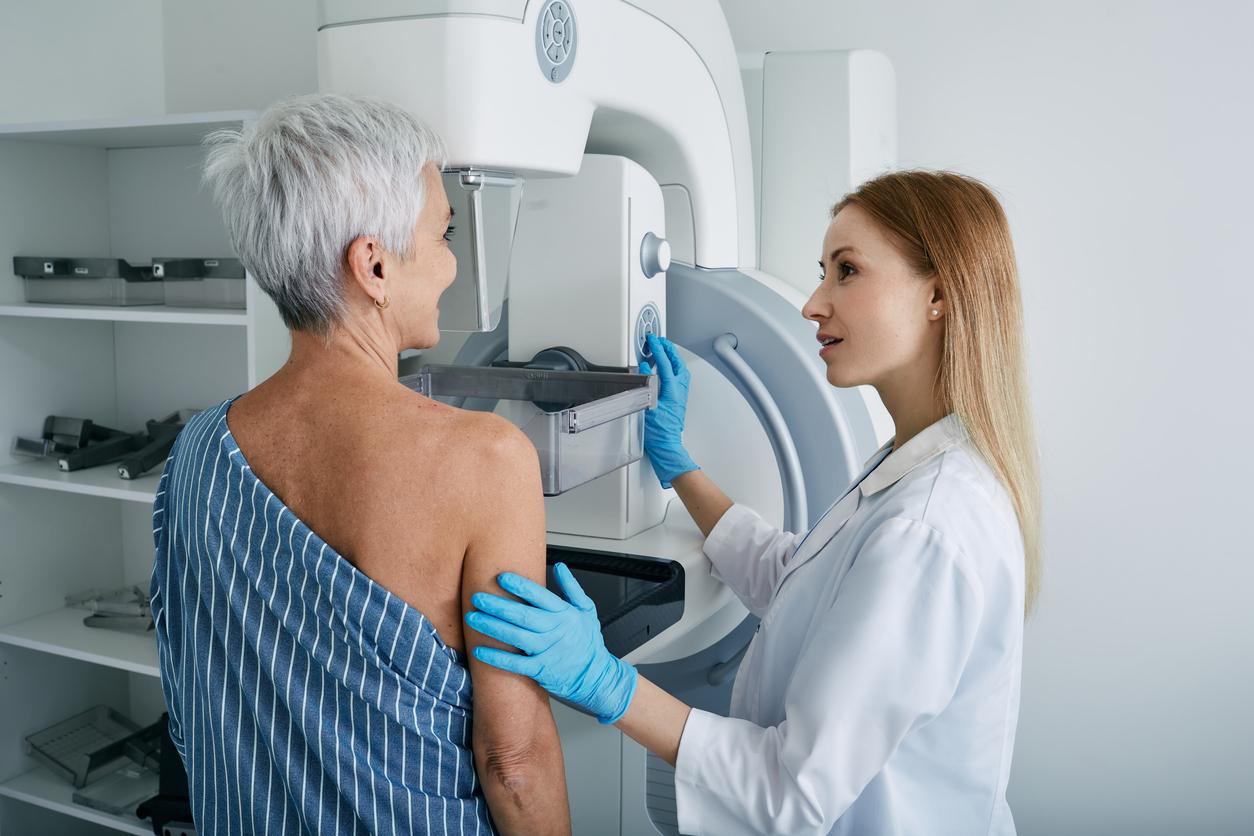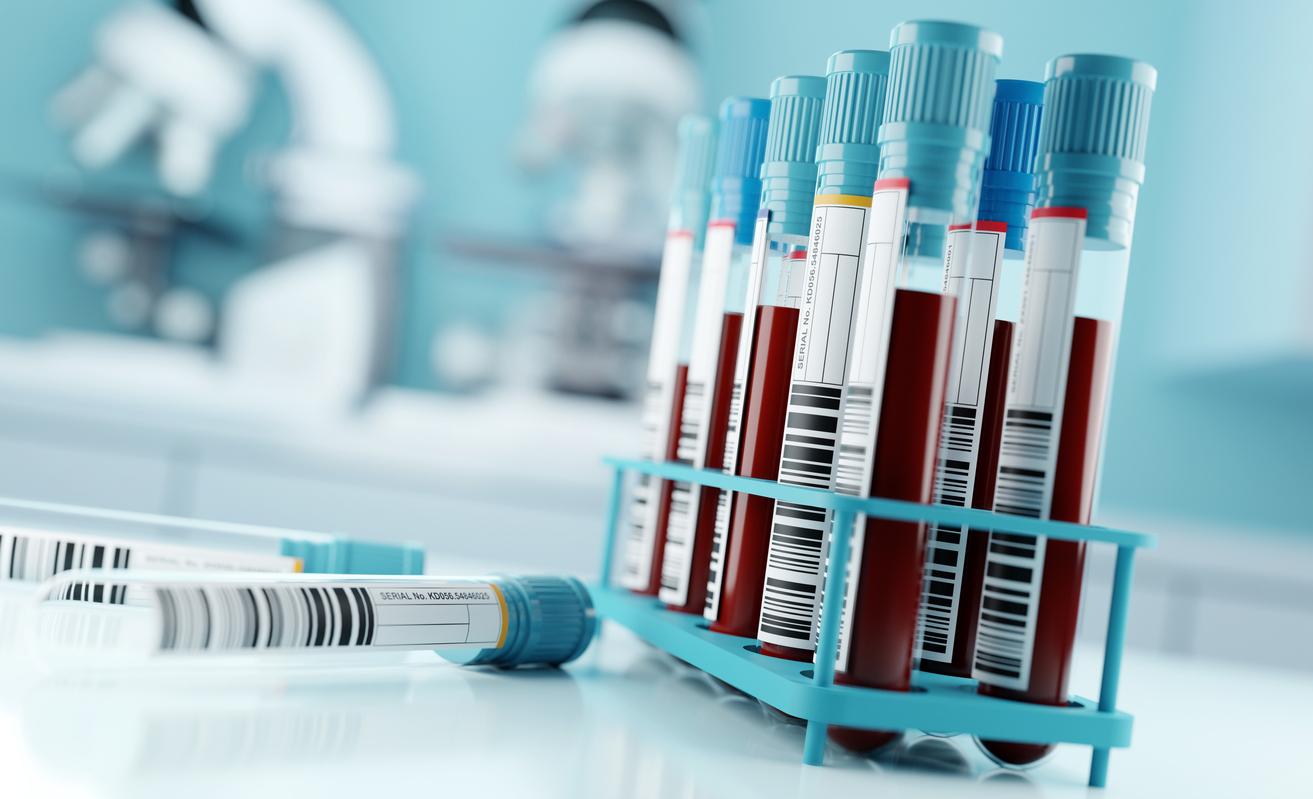The National Cancer Institute (Inca) is campaigning for better cervical cancer screening in France: only 40% of the women concerned take part.

- Cervical cancer screening is based on a sample taken from the cervix.
- It makes it possible to detect abnormal cells as soon as possible (cytological sample) or the presence of the papillomavirus (HPV test)
On the occasion of European Cervical Cancer Prevention Week, the National Cancer Institute (Inca) is campaigning for better screening.
Each year in France, 3,000 cases of invasive cancer of the cervix are detected, and 1,100 patients die of it. “It is one of the only cancers whose prognosis is deteriorating, with a 5-year survival rate of 63% for the period 2010/2015; this rate was 68% over the period 1989/1993”, reminds the Inca. And for good reason : “only 40% of women do not participate or not regularly in this screening. The national program aims to increase this participation rate by 20 points, to reach 80%, to reduce the incidence by 30%, and to reduce mortality by cervical cancer at 10 years, quantify the experts.
The test must be carried out every 3 years between the ages of 25 and 30
Cervical cancer screening is aimed at the 17 million French women aged 25 to 65. The test must be carried out every 3 years between the ages of 25 and 30 (after 2 tests carried out 1 year apart and whose results are normal), then every 5 years between the ages of 30 and 65.
Screening for cancer of the cervix, which is based on a sample taken from the cervix, makes it possible to detect abnormal cells as early as possible (cytological sample) or the presence of the papillomavirus (HPV test).
Additional screening for a prevention strategy via vaccination
If precancerous lesions are detected, they can be monitored (some lesions may regress spontaneously) or treated before the appearance of cancer. “If cancer is detected, it will usually be at an earlier stage and can be treated with lighter care that will further preserve fertility.” insists the Inca.
This screening approach is complementary to a prevention strategy via vaccination against HPV, offered to young girls and young boys from the age of 11.

.

















